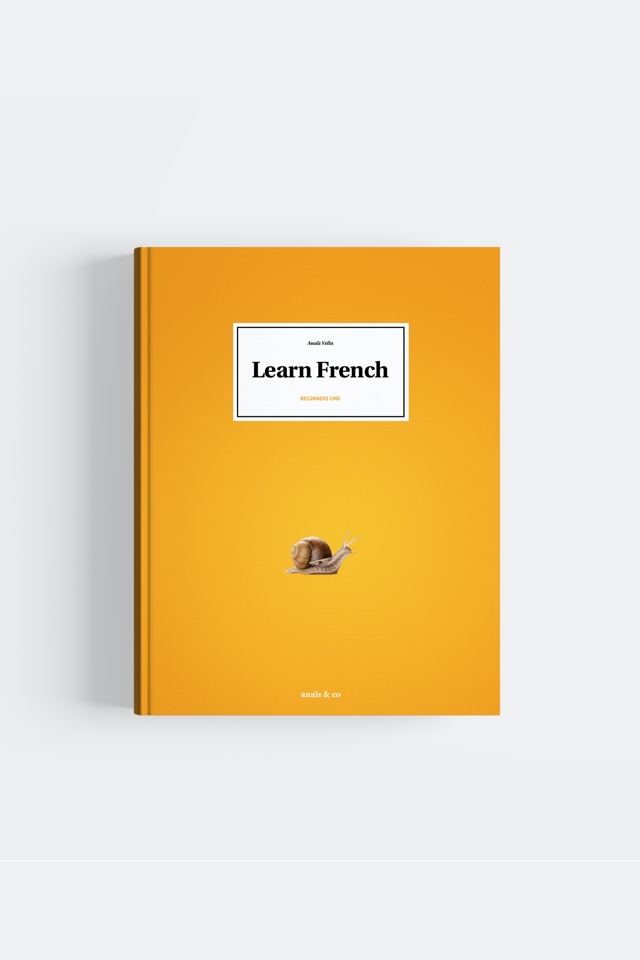

Auxiliary verbs are verbs used to form past, future, and conditional compound tenses. They are classified as irregular verbs and therefore, they will not have a regular pattern. The auxiliary verbs, in the present tense, are used to form a compound past tense, so you need to know them by heart.
| Être = To be | |
|---|---|
| Je suis | I am |
| Tu es | You are |
| Il/elle/on est | He/she is |
| Nous sommes | We are |
| Vous êtes | You are |
| Ils/elles sont | They are |
Remember to use the “z” link for “vous.”
It is easier, in the present tense, to make a sentence with “to be” if you are using it with the meaning “to be located somewhere.” There are only a few things someone can be (a woman, a man, a doctor, etc.), but a person can be at a lot of different places at different times. However, if you use the verb “être” to mean “to be” it can directly be followed by a profession, a nationality, or a religion without the use of an article.
For example:
Je suis au cinéma → I am (located) at the cinema.
Je suis française → I am a French woman.
See the lessons on the omission of the indefinite article and on affirmative sentences in this book.
| Avoir = To have | |
|---|---|
| J'ai | I have |
| Tu as | You have |
| Il/elle/on a | He/she has |
| Nous avons | We have |
| Vous avez | You have |
| Ils/elles ont | They have |
Remember to use the “z” link for “nous,” “vous,” “ils” and “elles.”
It is quite easy to form sentences with “avoir” as there are many things someone can possess.
For example:
J’ai un chat → I have a cat.
See the lesson on affirmative sentences in this book.

More in the books
Werther you are learning by yourself, with Anais and Co or if you are a FLE teacher find this lesson and many more in a beautiful book.
Be notified when we upload a new video.